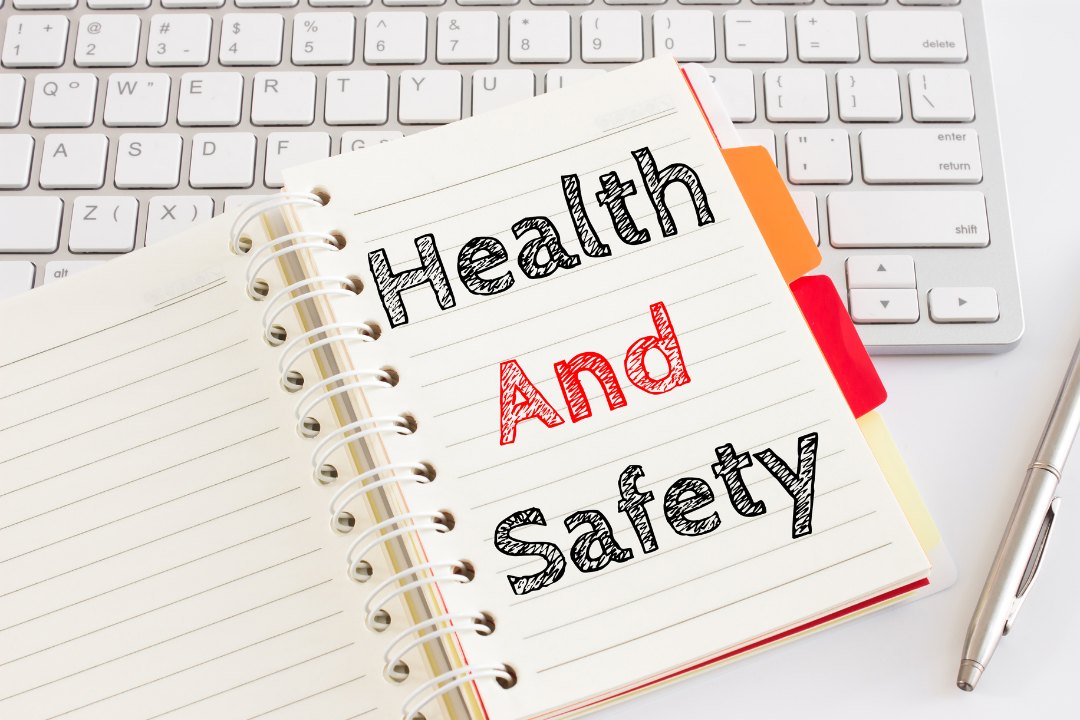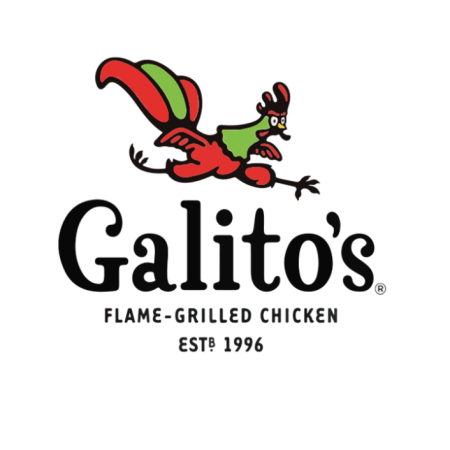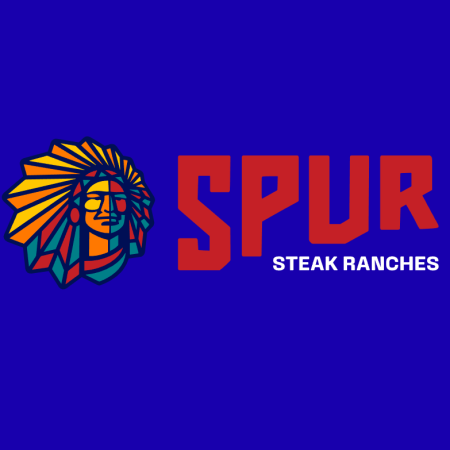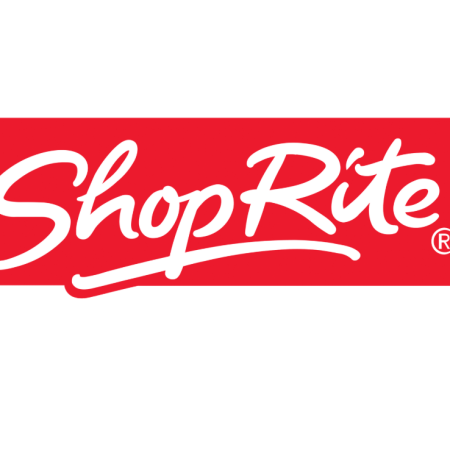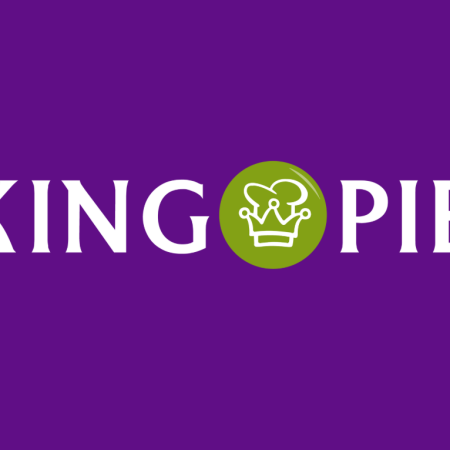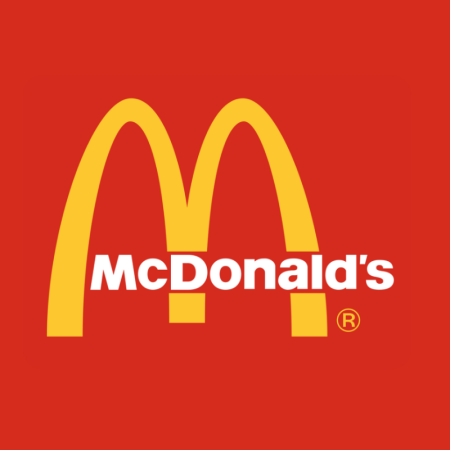Introduction
Franchises are a popular and successful business concept that lets entrepreneurs launch their own business while gaining a larger parent company’s name recognition and backing. It’s important to remember that health and safety are just as important to running a successful franchise as profitability and growth. In addition to providing franchise owners with helpful advice on safeguarding their employees, customers, and businesses, this blog will cover the significance of franchise health and safety.
The Importance of Health and Safety in Franchises
- Legal Responsibilities
One of the main reasons franchises should prioritise health and safety is because of the legal obligations that come with it. Strict rules are in place in most countries to safeguard the security of employees and customers. If you don’t follow these rules, your franchise may be shut down, subject to fines and legal action.
- Employee Protection
Franchise employees are the backbone of your business. Ensuring their safety keeps them healthy and motivated and reduces the risk of accidents and injuries on the job. A safe working environment fosters employee loyalty and productivity.
- Customer Contentment
Pleased and satisfied customers are likelier to use your franchise again and refer others to it. A clean and secure environment makes an excellent first impression and promotes client growth and loyalty.
- Reputation administration
One health or safety incident can permanently damage the reputation of your franchise. In the era of social media, information about mishaps or health breaches can travel quickly, damaging your brand’s reputation.
Occupation, health and safety requirements for retailers in South Africa
All retail stores serving the public, whether retail stores, restaurants or fast-food outlets, must comply with municipal regulations. The regulations are required to start with the occupation of the retail space and also cover fire safety, health, a business licence and a hazardous certificate if using gas on the premises. These regulations apply to new stores and must also be reviewed by the buyer of an existing store. For new franchises, it’s essential to be aware of the following regulations:
- Submission of plans
Whether the store is in a mall or on the high street, any new store building plans must be submitted to the local municipality for approval. This refers to the internal build of the store and should be drawn up by an architect/designer.
- Occupation certificate
Once submitted, the municipality will issue a receipt, which can be used to start building the shop and to start trading. On final approval, the municipality will issue an Occupation Certificate. If the store doesn’t have such a certificate, it could incur fines and be forced to stop trading by the local authorities. The issuing of the certificate could take up to six months.
- Fire certificate
The fire certificate certifies that fire safety regulations are met. This must be renewed annually and submitted to the municipality annually.
- COA 638 (Health certificate)
Similar to the fire certificate, this certifies that the store complies with health regulations. It must also be submitted annually for renewal.
- Business licence (Trading licence)
The business licence is issued if the business complies with all applicable regulations. It is also subject to annual renewal.
- Hazardous certificate (if using gas on the premises)
If the business will use gas on the premises, it must also apply for this certificate. The Hazardous certificate is also subject to annual renewal.
Sale of a business
When the business is sold, the onus is on the buyer to check and maintain all certifications. If the building plans were submitted previously, this must be transferred to the new store owner’s name, so another submission is required. If the fire, health and safety certificates are current, they must also be transferred to the new owner. If no certification exists, the new owner should apply for all the required certifications.
Applying for these certifications and licences with the municipal authority can be demanding. Franchisees could consider outsourcing this service to reputable service providers who specialise in this field.
Other Health and Safety Measures for Franchises
Given how crucial health and safety are to franchises, here are some essential safety measures that franchise owners can take:
- Employee Training
Ensure that all staff members receive comprehensive training on health and safety procedures. This should include instructions on how to use equipment safely, keep things clean, and deal with crises.
- Regular Inspections
Regularly assess your property to find any hazards and take appropriate action. This entails maintaining hygienic surroundings, inspecting tools, and ensuring fire safety measures are in place.
- Compliance with Regulations
Be knowledgeable about the health and safety laws that apply to your industry at the local, provincial, and national levels. Maintain records of inspections and safety training, as well as complete compliance.
- Emergency Response Plans
Create an emergency response strategy and inform your employees of it. This needs to cover first aid techniques, evacuation protocols, and how to contact emergency services.
- Hygiene and Sanitation
It is crucial to uphold the highest levels of cleanliness and hygiene in sectors like food service and healthcare: Regularly sanitise surfaces, tools, and communal areas. The operations manual should provide guidelines on health, safety and hygienic practices.
- Safety Equipment
Provide employees with safety equipment, such as gloves, masks, goggles, or protective clothing.
- Safety Committees
Safety committees with employee involvement should be established to promote a safety culture and continuously enhance health and safety procedures.
- Reporting and Investigation
Encourage employees to report safety issues or occurrences right away. Investigate and address these concerns to prevent further events.
Conclusion
Putting health and safety first in your franchise is not only the law but also a wise business move. It ensures long-term success while safeguarding your employees, clients, and your brand’s reputation. Franchise owners can establish a safe and prosperous environment for their business to flourish by investing in appropriate training, inspections, and safety measures.
The information contained in this article on health and safety requirements for South African retailers was supplied by Bushwillow Management, a specialist service provider assisting businesses with all required trading, health and safety certifications. To get in touch, contact us at [email protected]

